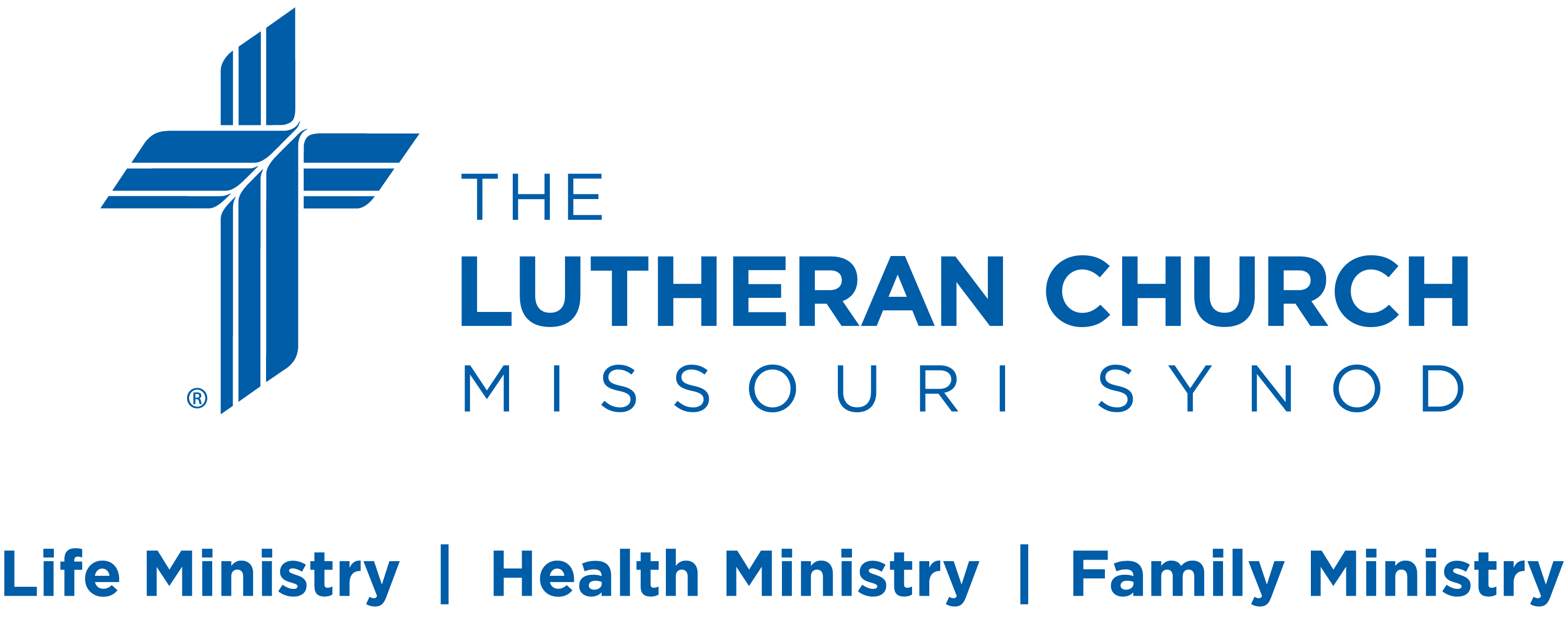Resources
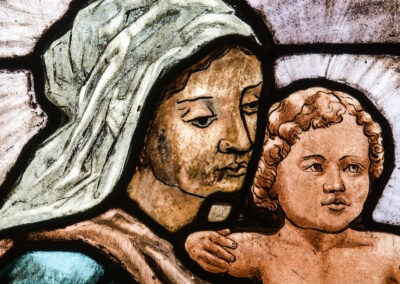
There I sat in Sunday School, paging through my Bible like the saintly child I was, when I tripped on this: “Yet [women] will be saved through childbearing — if they continue in faith and love and holiness, with self-control” (1 Tim. 2:15).
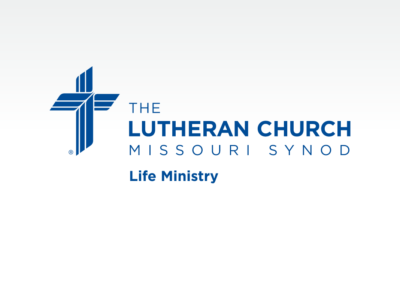
The Lutheran Church—Missouri Synod’s Sanctity of Human Life Committee offers this document in response to Resolution 6-10 placed before the Synod’s 2004 convention.

We need to distinguish the critique of reproductive technologies from a criticism of people we may know who have made use of them. This information is offered to Christian couples to help them think about the possible use of reproductive technologies.
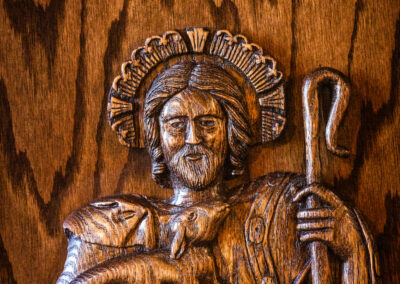
To our brothers and sisters who long to be parents: You are not alone. Not only are others like you — wanting children to serve and love, to cry and laugh with — but also Mary’s Son. Jesus bears this burden with you.

He is a child. One sperm fertilizes one egg in a petri dish, and a human life begins. He has 23 pairs of chromosomes. He has his own genetic traits and family history. He is a human being for whom Jesus Christ died, just like you and me. He is a gift to his parents from the Lord. “Behold, children are a heritage from the Lord, the fruit of the womb a reward” (Ps. 127:3).

This state of barrenness is our reality, and it is painful. Yet, ceaselessly, God gives gifts. He reminds of His sufficient grace.

Commended by the 2019 LCMS convention, this paper examines the many subtle ways that American culture rejects life as a fundamental gift of God and instead sees “having a baby” as a human accomplishment.
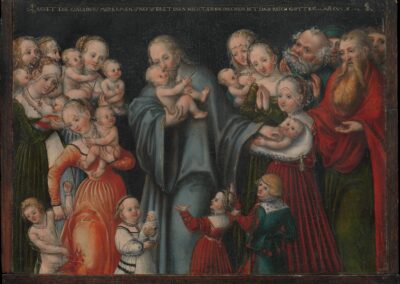
If we can’t agree that human beings have more value than animals, why should we agree that our society would protect our most vulnerable persons – the elderly and the unborn – from abuse and destruction? As Lutherans, we believe the image of God in man is what makes human beings uniquely precious at all stages of their lives.
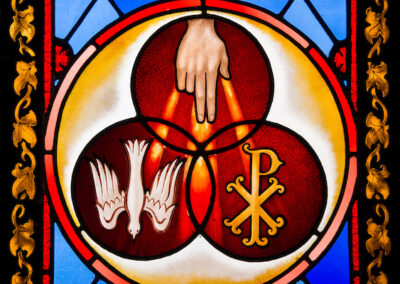
God makes us human. Not only has God made us human, He also makes us holy. His Son’s incarnation and His Spirit’s forgiveness are what makes us holy.
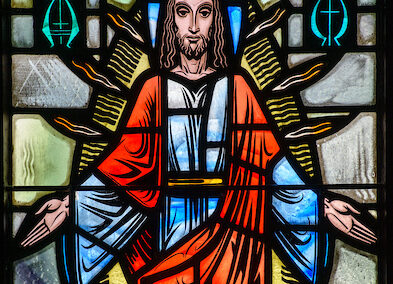
Human life is not an achievement. It is an endowment. It has measureless value, because every individual, at every stage of development and every state of consciousness, is known and loved by God. This is the source of human dignity and the basis for human equality.

Our Lord created our bodies to work in ways beyond our comprehension, and He gave us a magnificent world containing resources that enable us to lead healthy lives. Even in a world full of setback, illnesses, and toxins, “We know that for those who love God all things work together for good, for those who are called according to His purpose” (Rom 8:28).
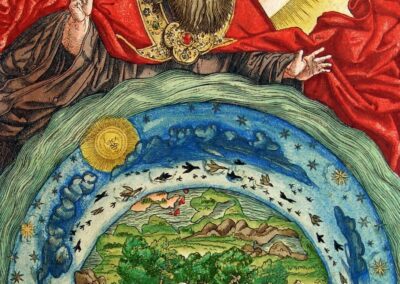
God created us as physical beings, not as spirits or minds who happen to be in a body as if the body was some sort of optional shell or covering. The Lord saves us using His creation in a material way through the blood of the cross and the resurrection. And He continues to come to us in the created ways of voice and water and wine and bread.
